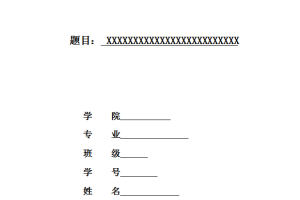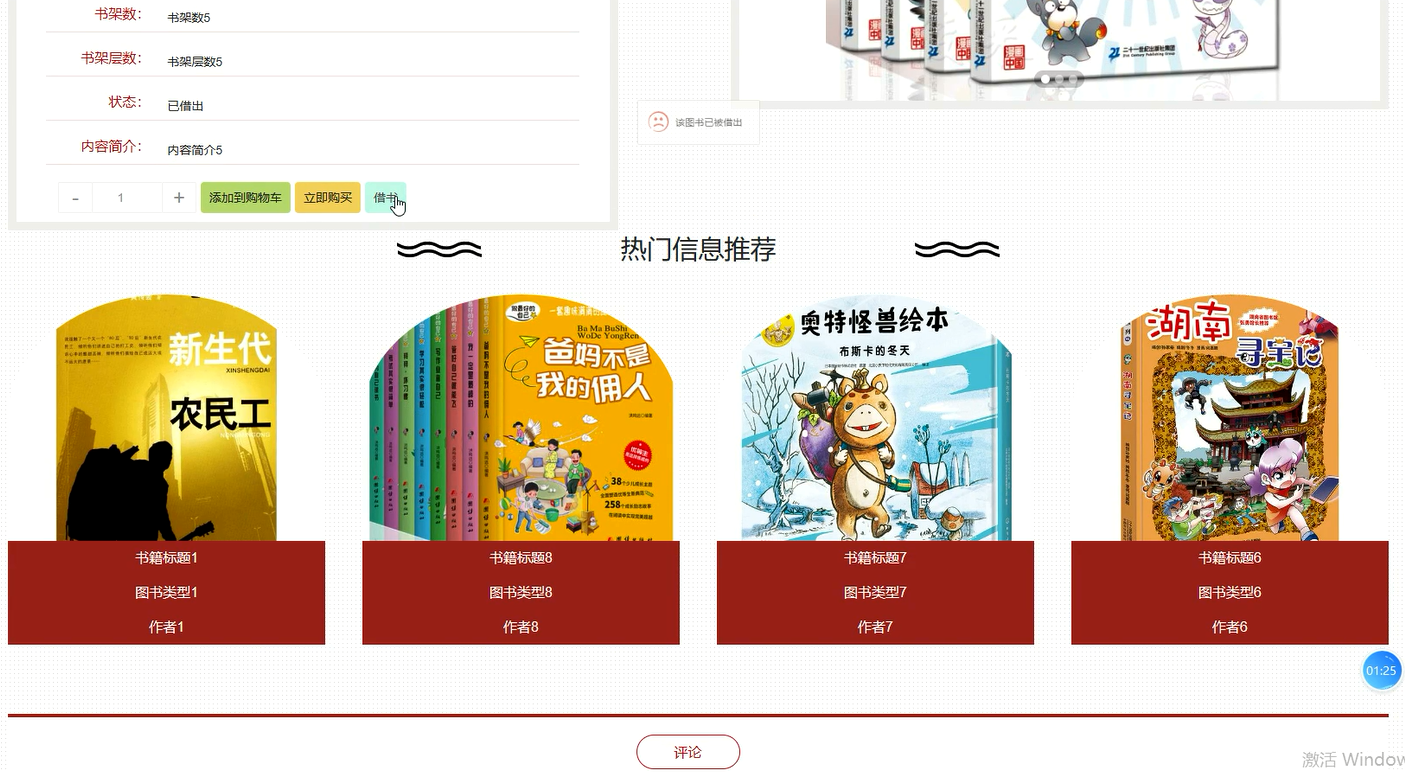幼儿欺负行为与教育策略
摘要:童年时期是个人成长中最重要的时期,幼儿在此期间形成了个人交际意识和思想道德品质的雏形。但是值得指出的是,因为幼儿的特点,欺负行为在此期间也是一种常见的现象。欺负行为对欺负双方儿童都会产生难以估计的心理偏差和不良影响,这种行为不能被忽视。再者儿童的年龄决定了他们有时不能独立、较好地解决欺负行为,因此本文通过幼儿欺负行为的研究,指出其特点、影响因素、案例分析,分别从家庭、学校、幼儿自身三个角度出发说明应对幼儿欺负行为的教育策略,帮助幼儿有效解决、减少欺负行为,帮助其健康成长。
关键词:幼儿欺负行为 教育策略
Abstract
Childhood is the most important period of growth, children during this period to form the consciousness of personal communication and ideological and moral quality of the prototype. But it’s also worth pointing out is, because the characteristics of children, bullying is also a kind of common phenomenon in this period. Bullying to bully the child will be difficult to estimate the psychological deviation and adverse impact, this kind of behavior cannot be ignored. Moreover the age of the child determines their sometimes cannot be independent and solve bullying, therefore this article through the research of children’s bullying behavior, points out its characteristics, influence factors, case analysis, respectively from the perspective of family, school and children their own three instructions deal with children’s bullying behavior education strategy, help children effectively solve and reduce bullying, to help their healthy growth.
Key words: children’s bullying behavior;solution
目录
摘 要………………………………………………………………………………………………………… 1
绪论……………………………………………………………………………………………………………….. 5
(一)选题背景……………………………………………………………………………………….. 5
(二)研究现状……………………………………………………………………………………….. 5
(三)研究方法……………………………………………………………………………………….. 6
1.文献法…………………………………………………………………………………………….. 6
2.案例法…………………………………………………………………………………………….. 6
3.观察访谈法……………………………………………………………………………………… 6
一、欺负行为界定及其分类……………………………………………………………………………. 6
(一)定义………………………………………………………………………………………………. 6
(二)特征………………………………………………………………………………………………. 7
1.具有明显的性别和年龄差异…………………………………………………………….. 7
(三)欺负行为的分类…………………………………………………………………………….. 7
一、欺负行为的影响………………………………………………………………………………………. 8
(一)对欺负者的影响…………………………………………………………………………….. 8
(二)对被欺负者的影响…………………………………………………………………………. 8
1.影响交际…………………………………………………………………………………………. 8
2.缺失自信心……………………………………………………………………………………… 8
3.对学习产生厌恶感…………………………………………………………………………… 9
三、欺负行为的案例统计分析………………………………………………………………………… 9
(一)欺负行为的表现统计……………………………………………………………………… 9
(二)欺负行为中教育者的参与情况……………………………………………………….. 9
(三)欺负中同伴的参与情况………………………………………………………………… 10
四、影响产生欺负行为的原因………………………………………………………………………. 11
(一)自身方面的原因…………………………………………………………………………… 11
(二)外界环境方面的原因……………………………………………………………………. 11
1.家庭原因……………………………………………………………………………………….. 11
2.幼儿园因素……………………………………………………………………………………. 12
3.社会因素……………………………………………………………………………………….. 12
五、应对欺负行为的教育策略………………………………………………………………………. 12
(一)家庭方面……………………………………………………………………………………… 12
1.注重培养幼儿正确的性格………………………………………………………………. 12
2.注重以身作则………………………………………………………………………………… 13
3.注重培养幼儿交际能力………………………………………………………………….. 13
4.注重和子女的沟通…………………………………………………………………………. 13
(二)学校方面……………………………………………………………………………………… 13
1.创设对应课程………………………………………………………………………………… 14
2.教师应主动提高自己的技能…………………………………………………………… 14
3.教师应加强与家长的沟通………………………………………………………………. 14
4.注意教学方式………………………………………………………………………………… 14
6.培育幼儿的自信心…………………………………………………………………………. 15
(三)社会方面……………………………………………………………………………………… 16
结论……………………………………………………………………………………………………………… 16
参考文献………………………………………………………………………………………………………. 16





